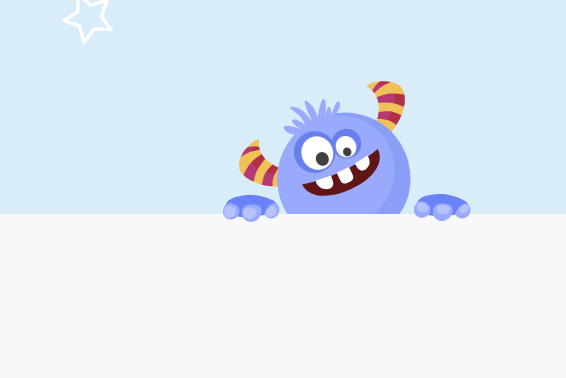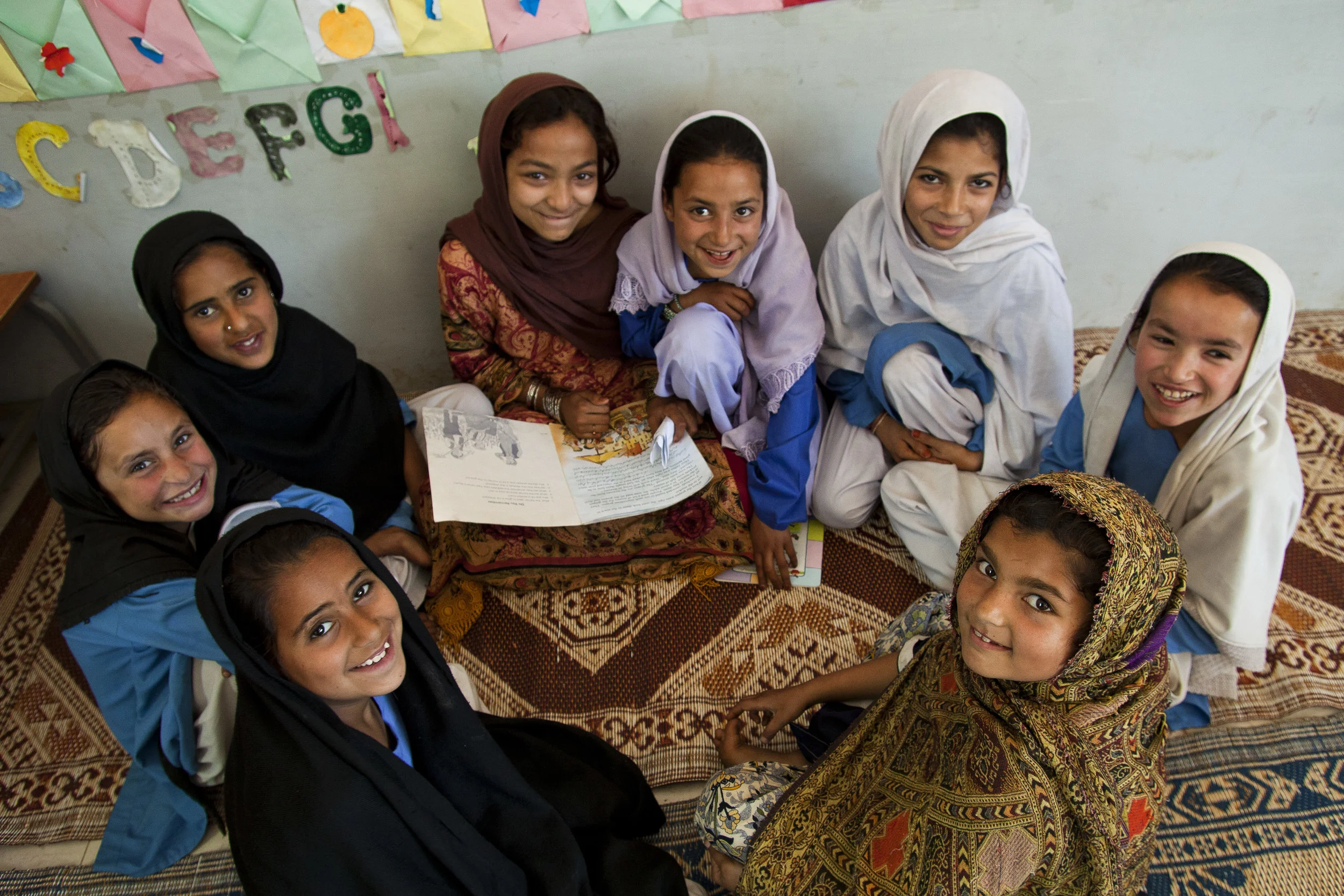Having books at home is critical for children’s learning. All caregivers—even those who are busy, cannot read, or are not accustomed to engaging with children—can play a critical role in helping children learn to read.
The REACH trust fund: Increasing the Supply of Textbooks in Cambodia
How to Contribute Books to the Global Digital Library
GBA Partnerships in Practice: The Business of Books
Panelists at the Global Book Alliance’s recent International Literacy Day webinar focused on the ‘Business of Books’ believe books should be viewed as an essential commodity, a commodity that can support and energize children to thrive in times of crisis and calm. This post discusses how, like other essential commodities, books demand a market-based approach to ensure they are developed to answer the needs of their readers and land safely in their hands.
Webinar: Creative Commons Basics
Realizing the critical role that an open educational resource (OER) policy can play in supporting Early Grade Reading (EGR) efforts, the Global Reading Network has collaborated with Global Book Alliance (GBA) and All Children Reading (ACR) to conduct a series of three in-depth webinar-based trainings on open licensing in April and in the summer months of 2019. The webinars are intended to support ministries of education, publishers and Early Grade Reading (EGR) implementers as they work to provide open EGR resources.
What Makes a Great Translation?
Recommendations for Storybook Versioning By REACH Project South Africa June 2018
High quality translations are important because they hold the power to create more quality stories for children to read. This is valuable especially in languages where written stories are scarce. In South Africa, the publishing industry focuses on Afrikaans and English, while African-language storybooks remain few. With quality translations, however, a publisher, NGO, writer or others can take a single written story and multiply it into more.
Quality Education Materials for Millions With Creative Commons and Open Licensing
The Global Book Alliance (GBA) and Global Reading Network (GRN) sponsored webinars in the Spring and Summer of 2019 to discuss with stakeholders in the book production chain basics of Creative Commons and details of Open Licensing business models. Attending the Creative Commons sessions in April were 56 ministry of education officials from the African and Asian regions of the globe. The Open Licensing sessions in June and July drew 40 content creators and publishers of children's literature who are exploring the benefits, possibilities, challenges, and limitations of an Open Licensing business model.
Open Licensing Business Models for Publishers of Children's Books and other Learning Materials
Textbook Requirements: Streamlining Data Sharing
The Returned Book Record/ Textbook Management Information System (RBR/TRIMS) project was envisioned by Paul Gibbings to help improve textbook provision an distribution by ministries and any support organisations to schools in developing countries by replacing a previously tested method of using physically delivered Excel spreadsheets.
Relevance of the Global Digital Library for Teacher Training
Nowadays students learn differently from those of previous generations as they are equipped with a diverse array of skills and different attitudes toward education. They need more than traditional lectures, they are seeking out more interactive and creative educational experiences. The pedagogical use of digital tools can give alternatives to traditional education and offer the chance to use different communication codes at the same time.














